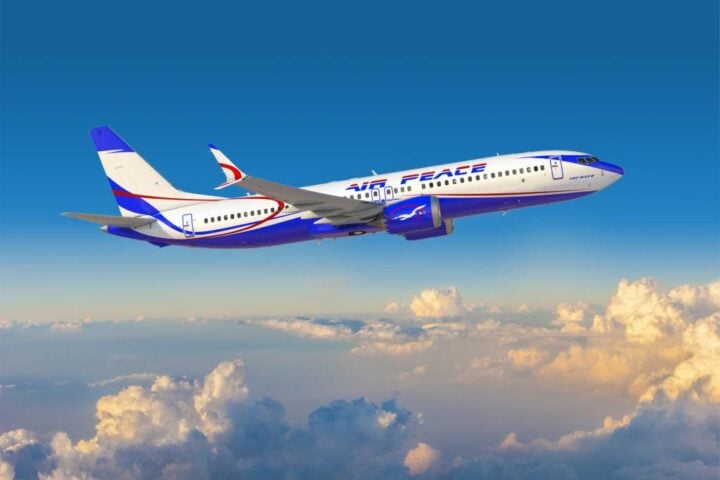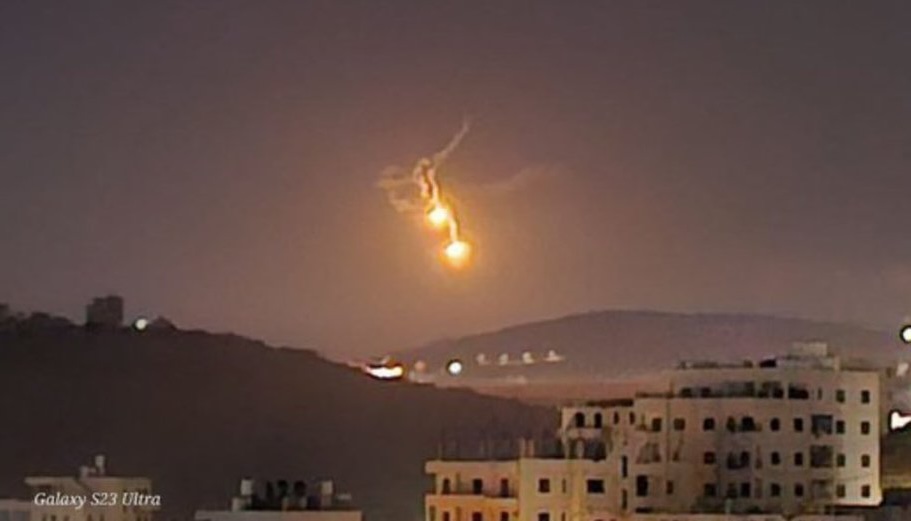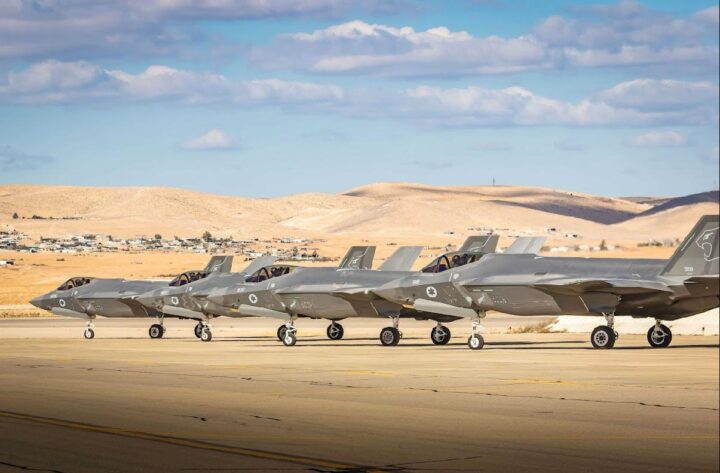A price war has broken out in a submarket of the nation’s aviation sector, and the passengers are the major beneficiaries. But in the long term, this may hurt the airlines and put the fliers in a bind. A price war or price competition occurs when businesses in a particular industry compete against each other by repeatedly lowering their prices in an attempt to gain market share and drive out competitors.
Since Nigeria’s carrier, Air Peace Airlines, launched its Lagos-London route over two weeks ago with a drastic slash in airfare, its main competitors on the route, BA and Virgin Atlantic, have announced reduction in ticket prices to levels not seen before. From N15 million for a first-class seat and N5 million in an economy, the two British carriers are now charging over 80 percent lower in response to Air Peace’s introductory offer of just N5 million for first-class and N1.5 million for economy.
For a six-hour flight, this was the most outrageous pricing in the industry. Other carriers like South African Airlines, Morocco Air, Ethiopian and Turkish Air who do not fly direct from Lagos to London have equally reduced their fares. There has never been such a fierce price war in the nation’s aviation business before. Allen Onyeama, chairman of Air Peace, said in a TV interview last week that the foreign carriers are engaging in a price war to drive his airline out of business so as to return to their cut-throat pricing.
He appealed to Nigerians to fly Air Peace, not just out of nationalistic considerations, but also for their strategic self-interest. Price competition is rampant in many industries. Notable examples of recent price wars include the 1992 airline price war in the US during which American Airlines, NorthWest Airlines and other US carriers matched and exceeded the reduced prices of one another, resulting in increased sales volume but huge losses. There was also the 2020 Russia-Saudi Arabia oil price war which led to a 65 percent quarterly fall in the price of oil.
Advertisement
Price wars could hurt the competing businesses as revenues and profits dip; and in some cases, weaker competitors who cannot cope may go out of business by the time prices eventually stabilise at a lower level. But in this case, if Air Peace is forced out of the London route, the international carriers, which apparently have the tacit support of their home governments, will jack up the fares again, and Nigerians would be the ultimate losers. This is why we must stand by the Nigerian flag carrier.
Companies that typically win price wars are those with better cost structures and the widest profit margins. Among the three – BA, Virgin and Air Peace – the British carriers have deeper pockets and can cope better with the raging price war. This war will last for the remaining part of the year, but I suspect that the British authorities will employ other tactics to frustrate the Nigerian flag carrier and weaken its resolve and resilience. The British carriers may also continue in the fight by lowering the quality of inflight services just to cut costs.
By entering the market with impressively high standards, Air Peace has captured a good size of the market. Its mostly Nigerian passengers are clearly enthusiastic about its offerings, and from all indications, the Nigerian carrier is currently enjoying overwhelming home support from both the public and the government. But it is not enough for the airline to rely on emotional nationalism alone.
Advertisement
The airline should create loyalty programs to keep its customers. Many passengers have also accused Air Peace of price gouging and price discrimination in its domestic routes, especially during the peak seasons of the Christmas and Easter holidays. The airline has a responsibility to be fair to its domestic passengers too.
On a final note, competent management and good corporate governance are important for the success and sustainability of any business. Many family-owned Nigerian businesses have failed to thrive once the founder is no more.
For how long will Air Peace remain as a one-man business? With the rapid expansion and growth of the airline, Onyeama may consider bringing it to the capital market to open up the business for wider ownership, more diverse management, good governance and market discipline. He should also fortify the airline’s communication portfolio with competent professionals so that he will appear less and less on TV, and cede that responsibility to others.
Advertisement
Views expressed by contributors are strictly personal and not of TheCable.
Add a comment







